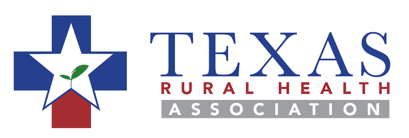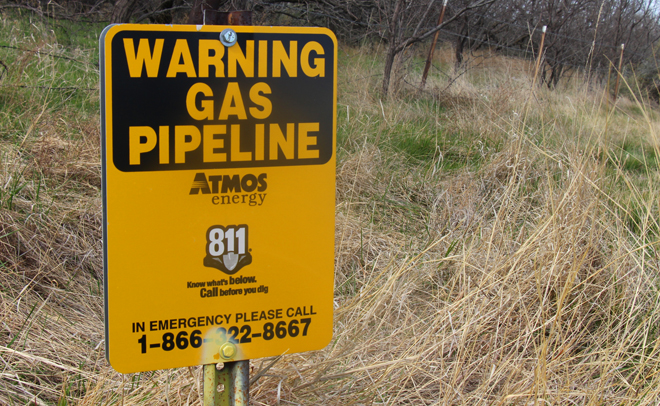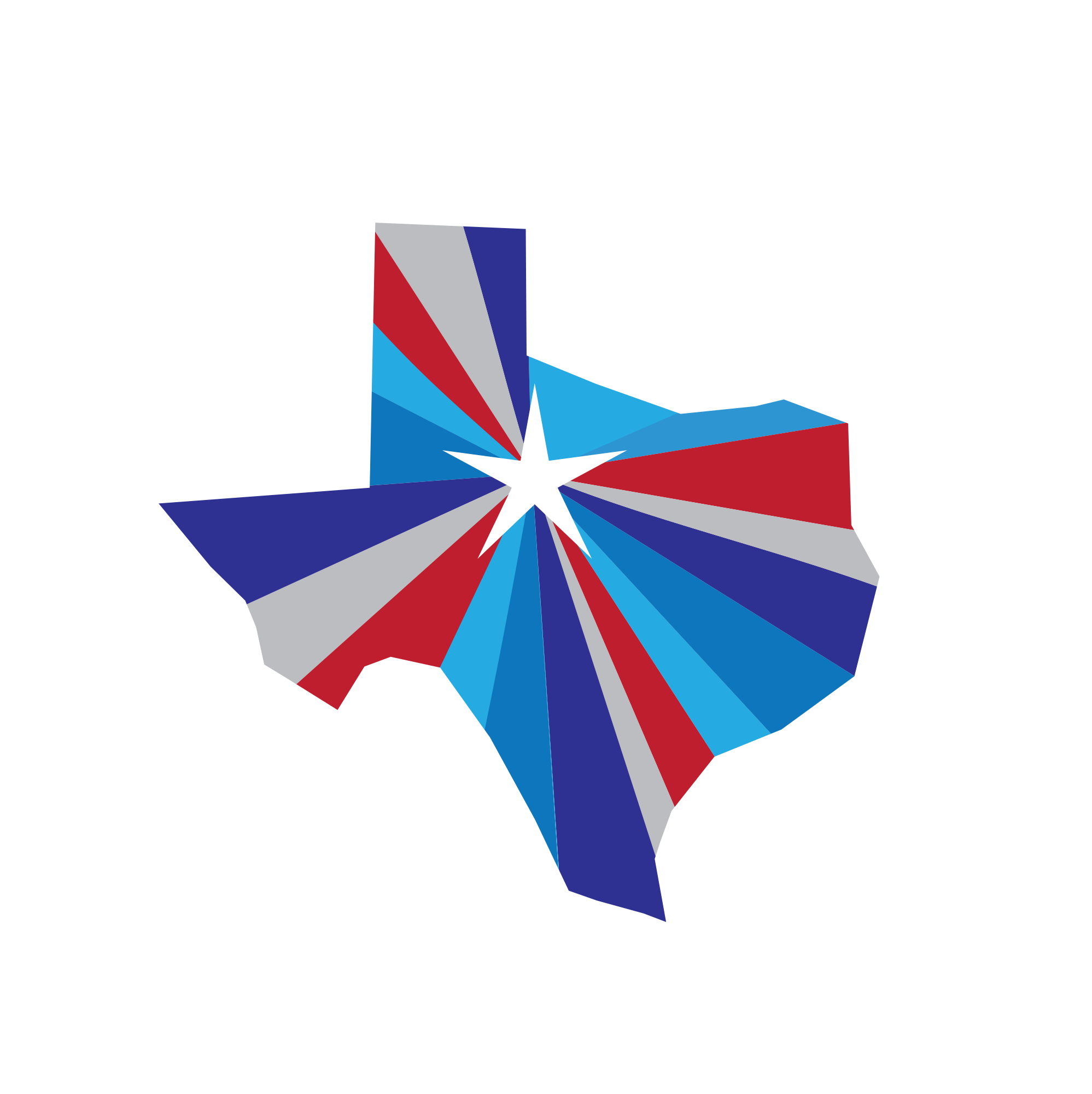Helpful Community Information
VIEW THE WCTCOG ANNUAL REPORT
Community Plans
Hazard Mitigation
Texas Rural Health Associaion
Fair Housing
Pipeline Safety
Community Plans
Examples of the types of grants available including but not limited to the list below:
Texas Department of Agriculture - Texas Community Development Block Grant (TxCDBG) Program
The objective of the TxCDBG program is the development of viable communities by providing public infrastructure, suitable living environments, and expanding economic opportunities, principally for persons of low and moderate income. Community Development Block Grants (CDBG) are available to eligible units of local government.
All incorporated cities and counties in the WCTCOG region are eligible for these funds, with the exception of the City of Abilene, an entitlement city that receives a direct allocation of CDBG funds from the U.S. Department of Housing and Urban Development. In the WCTCOG region, the Community Development Block Grant program focuses on providing basic infrastructure to rural communities. Projects given top funding priority include water, sewer system improvements and street improvements.
Anually, each of the 24 planning regions in the state receive a formula-based allocation of funds for which applicants can compete. The CDBG applications are scored based and criteria developed by the Regional Review Committee (RRC) and points allocated by Texas Department of Agriculture (TDA). The RRC is a 12-member committee composed of local elected officials appointed by the governor. Grants are awarded to the highest ranking cities or counties. Projects are funded until all available money is expended from the cycle.
Planning/Capacity Building Fund
Community and Economic Development Assistance Fund (CEDAF)
About Section 3
To register your business as a Section 3 business or to be matched to Section 3 jobs and training opportunities, or contracting opportunities, visit https://hudapps.hud.gov/OpportunityPortal/.

Hazard Mitigation
Hazard Mitigation is the process of identifying and addressing hazards with plans to reduce the loss of life and property in the event of natural disasters, and to enable mitigation measures to be implemented during the immediate recovery from a disaster.
Hazard mitigation planning is an important aspect of a successful mitigation program. States and communities use the hazard mitigation planning process to set short and long-range mitigation goals and objectives. Mitigation planning is a collaborative process whereby hazards affecting the community are identified, vulnerability to the hazards are assessed, and consensus reached on how to minimize or eliminate the effects of these hazards. In recognition of the importance of planning, states with an approved enhanced State Mitigation Plan in effect at the time of disaster declaration may receive additional HMGP funding.
The Department of Homeland Security has provided grants to be distributed to regions and local jurisdictions for the purchase of specific types of equipment to further the goal of preparedness. The West Central Texas Council of Governments region has received funding since 2004.

Texas Rural Health Association
What The TRHA Does
- Promotes rural health as a major concern in Texas.
- Serves as a strong, unifying voice for those working to improve rural health statewide.
- Advocates for rural health and improved health systems for rural Texans.
- Provides a forum to exchange information and ideas for rural health improvements.
- Helps develop appropriate health resources for medically underserved areas of rural Texas.
TRHA’s primary forum for the exchange of information and ideas has been the annual conference, where professionals from diverse backgrounds have generated enthusiastic and fruitful dialogue. Countless informal, networking relationships emerged from these conferences, as they identified overlapping missions and strategies to deal with shrinking resources. Through TRHA, health professionals, academics, and policymakers share information, expand knowledge, and develop collaborative, streamlined solutions.

Fair Housing In Texas
You cannot be denied access to a home solely on the basis of color, race, religion, sex, national origin, disability, or your familial status (children under the age of 18 living with parents or legal custodians, pregnant women, and people securing custody of children under the age of 18).
The Texas Department of Agriculture (TDA) and the Texas state Community Development Block Grant (CDBG) are committed to affirmatively furthering Fair Housing in conjunction with the Texas Department of Housing and Community Affairs (TDHCA).
Affirmatively furthering Fair Housing is a requirement of the CDBG program and TDA requires units of general local governments applying for CDBG funds to successfully affirmatively further Fair Housing.
More details regarding Fair Housing in Texas and the Fair Housing Act may be found on the TDHCA website at the following link: http://www.tdhca.state.tx.us/housing-center/fairhousing/index.htm

Pipeline Safety
SMART DIGGING means calling 811 before each job. Whether you are a homeowner or a professional excavator, one call to 811 gets your underground utility lines marked for FREE. Are you planning some home improvements this year? Do you want to plant a tree, or maybe add a new porch? PLEASE STOP… before you go further see what you need to know first.
Were you aware that our country is crisscrossed with more than 2.3 million miles of underground pipelines? Experience shows that informed communities play a vital role in the safety and reliability of pipeline operations.
The West Central Texas Council of Governments Pipeline Safety and Awareness project serves as an assistive and educational resource throughout its 19 county area. Pipeline companies are mandated by Federal law to provide ongoing safety awareness programs to the general public, appropriate government officials, schools, organizations and any persons engaged in excavation related activities in regards to safety. This project serves in a collaborative effort to assist in promoting pipeline safety awareness.
Before you plan to do any digging, please contact the Texas 811 to educate yourself about pipeline laws which will help keep you and our pipelines safe.
If You Detect A Pipeline Leak
DON'T
DON'T
DON'T
DO
Leave the area immediately. Warn others in the area.
DO
DO
DO
once you are clear of the danger area.
* Even a cell phone can cause a spark.

